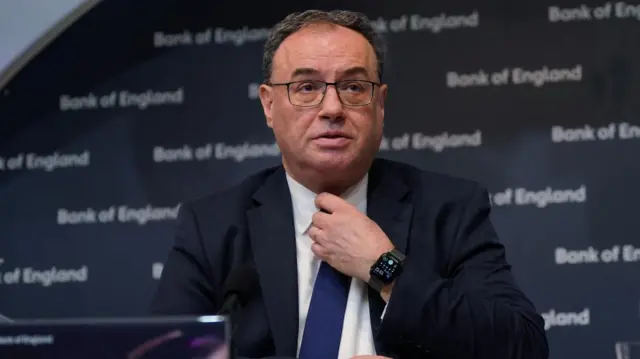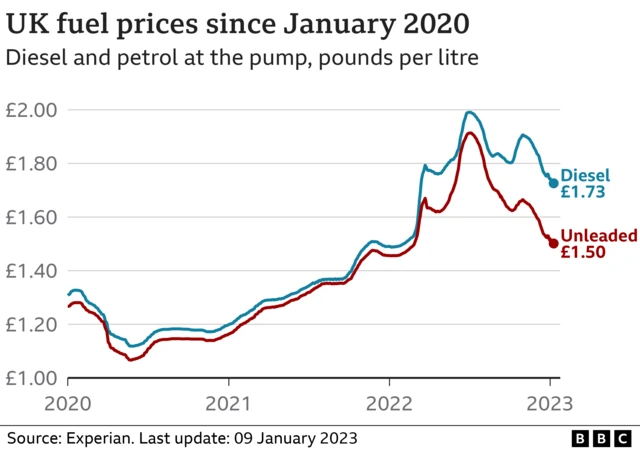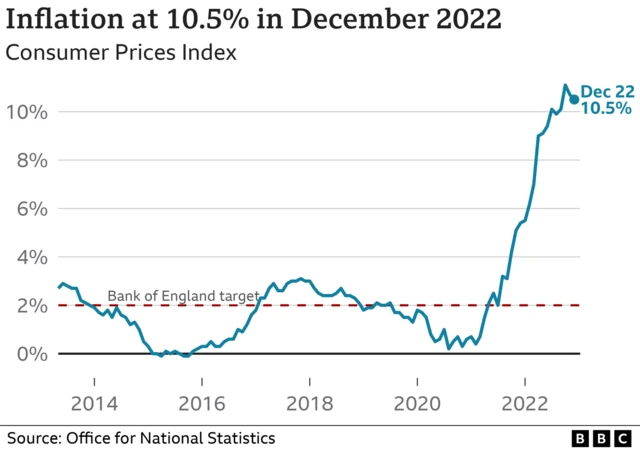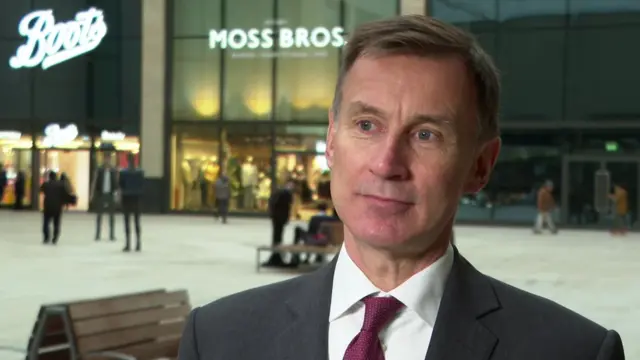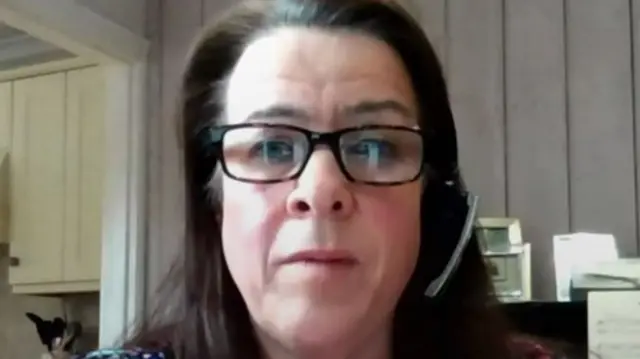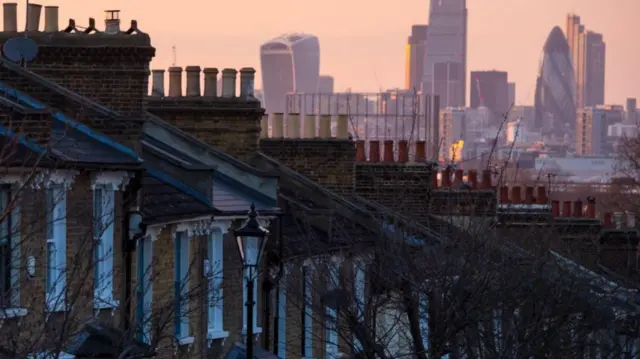Goodbye from today's teampublished at 18:19 GMT 2 February 2023
Thank you very much for following along the day's events with us. We're closing this page now, but you can read our main story here.
Today's coverage was brought to you by Nick Edser, Sam Hancock, Heather Sharp, Anna Boyd, Charley Adams, Alys Davies, James Harness, Jeremy Gahagan, James FitzGerald, Chris Giles and Andrew Humphrey.
